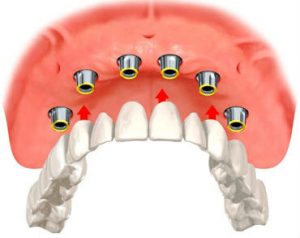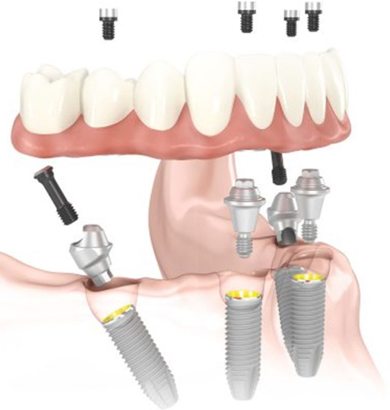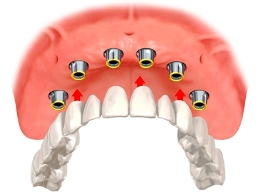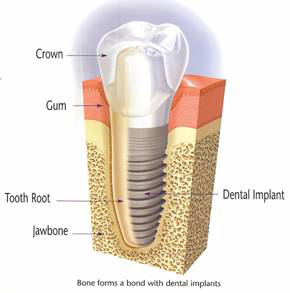I am 27 years old and have horrible teeth. Dental work is almost impossible for me because I have a high resistance to Novocain which makes it almost impossible to get numb. I’m thinking my only option is to remove my teeth and get dentures. I want to move up in my career and feel my smile is really holding me back. I am assuming that I can get the teeth removed with anesthesia, right?
Amelia
Dear Amelia,
Before you do anything drastic, like remove all your teeth, I want togive you a solution that will allow you to keep your natural teeth, have a beautiful smile, and not get tortured at the dentist because of your high resistance to Novocain.
There is a huge connection between the inability to get numb and dental anxiety. Given your traumatizing experiences with dental care, I would not be surprised if you had a very high anxiety level.
This anxiety amps up your metabolism, which burns off the numbing medication before it can do anything. I recommend you see a sedation dentist who offers oral conscious sedation.
This is administered by a pill which will completely relax you. In fact, it is so strong that it has been dubbed sleep dentistry because most patients just snooze through their entire procedure. You will need someone to drive you to and from your appointment as well as stay with you for a few hours until you are lucid and steady on your feet again. But, this will change your life and you’ll be able to get that work done on your teeth without pain or anxiety.
Why You Don’t Want Dentures
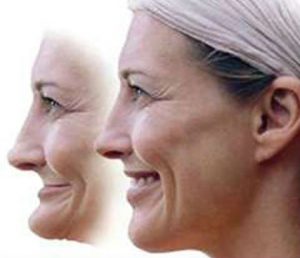
When your teeth are removed, your body recognizes that and immediately begins to resorb the minerals in your jawbone to use elsewhere in your body. In about ten or so years, you will no longer have enough of your jawbone left to retain your dentures. Dentists call this facial collapse. You are only 27 years old, this is NOT what you want.
While there is a way to prevent this, it is expensive. You could have dental implants placed that your dentures would anchor to. The implants are like prosthetic tooth roots, so your body recognizes that you have teeth there and leaves your jawbone intact.
Before you go this route, I think trying dental sedation will truly solve your issue.
This blog is brought to you by Lafayette, LA Dentists Drs. Foreman and Thimmesch.



